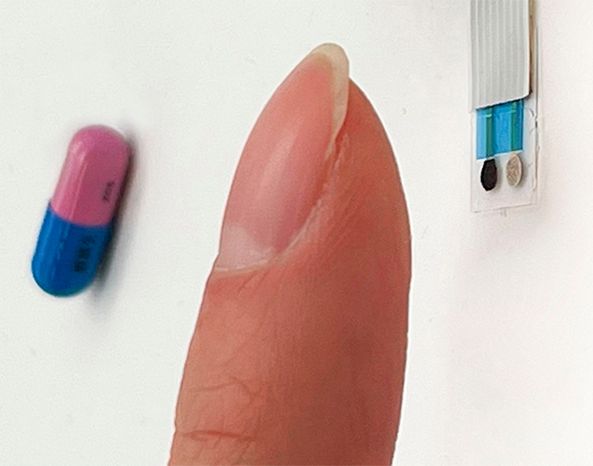There might be a ton of valuable elements at our disposal, but if we are being honest, nothing here can really claim to be more valuable than our tendency to grow on a consistent basis. This tendency, in particular, has already pushed us towards some huge milestones, with technology appearing as a major part of the stated group. The reason why technology gets to be such an exception is largely predicated upon its unique skill-set. Beyond that, however, it is also inspired by the manner in which those skills were used. The latter component, interestingly enough, will end up doing a lot to give the creation a spectrum-wide presence, including a very well-timed appearance on our healthcare block. Technology’s foray into healthcare was so perfectly-timed because it came right when the sector was starting to struggle against an obsolete structure. The stated scenario will change big time under the new regime, but even after getting to an achievement of this huge significance, the renowned medtech idea will continue to produce all the right goods. The same dynamic was put on full display by a recent UCLA development.
The researching team at UCLA has successfully developed a fingertip sensor, which is designed to provide you with a data-driven lowdown on the lithium levels in your body. According to certain reports, the sensor contains a special ion-selective electrode that detects the lithium ions present in the sweat on the fingertips. Notably, the device also has a hydrogel pad, which is there to facilitate all those sensitive measurements, and consequentially, ensure a better overall accuracy benchmark. When you talk about lithium, you are obligated to acknowledge its importance in treating conditions like bipolar disorder and depression. However, in order for it to have an optimal effect, the lithium content in a therapeutic dose must be right on that required level. Now, the current method to gauge the stated level talks to blood draws and lab tests, something that is evidently invasive, time-consuming, and expensive. Hence, having a device that can literally do the same job in an estimated timeframe of 30 seconds, while also not costing you a fortune, it is revolutionary from every conceivable direction.
“Through a single touch, our new device can obtain clinically useful molecular-level information about what is circulating in the body,” said Sam Emaminejad, a researcher involved in the study. “We already interact with a lot of touch-based electronics, such as smart phones and keyboards, so this sensor could integrate seamlessly into daily life.”
For the future, the researchers envision the technology enjoying a much wider application. To give you an example, they plan on developing similar sensors for detecting alcohol and acetaminophen, which is a type of painkiller.



















